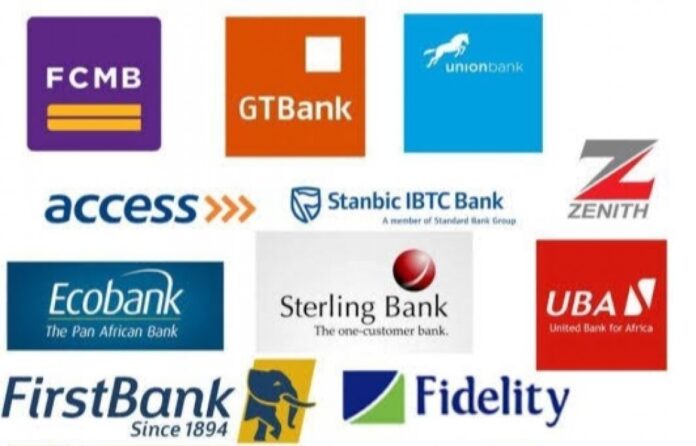S&P warns banks CBN monetary policy may increase their liabilities
By Jeph Ajobaju, Chief Copy Editor
S&P Global Ratings has warned restrictive monetary policy may expose Nigerian banks to unfavourable swap in cash holdings, weaker lending and asset quality, which may raise nonperforming loans (NPLs) ratio above 5 per cent.
The global credit rating agency said excessive tightening in the recent monetary policy rate (MPR) increase by the Central Bank of Nigeria (CBN) imposes hard choices on banks seeking quality assets to invest in their deposit liabilities.
It warned increasing cost of borrowing could lead to under-trading that would be worsened by highly liquid balance sheets coupled with high cost of deposits.
These could compel banks to be more aggressive in the debt market, S&P added, expressing concern bond yields (with 10-year bond yields averaging 13 per cent) are low.
The yields, on face value, are considered high. But S&P assessment draws from juxtaposition with interest rate currently 20.5 per cent. Inflation rate hike pushes the real or effective bond yield at -7.5 per cent on average.
The MPC in late September raised MPR by 150 basis points to 15.5 per cent.
The Guardian reports that since the MPC began the current aggressive tightening, it has cumulatively raised by 400 basis points the benchmark rate which determines the cost of commercial credit.
The MPC also in September adjusted the cash reverse ratio (CRR) – a prudential cum monetary policy tool – upward to 32.5 per cent. The two reviews are considered a double whammy on the lending capacity of banks.
_______________________________________________________________
Related articles:
Banks’ foreign capital inflows grow 110% to $1.47b
Federal and state bank loans jump to N20tr
Oil theft causes production firms to owe banks N6tr
_________________________________________________________________
Impact of MPR hike
“The increase in the MPR and intervention funds rate suggests that the CBN has not closed the taps entirely, since banks should still be able to extend credit to priority sectors such as agriculture,” S&P noted, according to reporting by The Guardian.
“That said, credit leverage in the economy remains low, with total private-sector loans representing only about 13 per cent of GDP, despite loan growth averaging close to 20 per cent over the past two years.
“Nevertheless, in our view, limited financial intermediation somewhat constrains the central bank’s ability to curb inflation using the MPR.
“Further rate hikes are possible, given the gap between inflation and the MPR, and will put pressure on banks’ loan portfolios as they pass the full rate increase to retail customers.”
Converting expensive deposits into productive assets
But banks face the herculean task of converting expensive deposits – banks are compelled to pay a minimum 30 per cent of MPR as interest on deposits – into productive assets to cover the soaring cost of operations.
S&P warned an additional increase of CRR “beyond the current discretionary debits” will likely lead to a freeze in lending in the short-term and squeeze net interest margins of banks.
“In their attempt to adapt to the CBN’s sharp liquidity tightening, banks have been purchasing government securities, but yields are low. The 10-year yield on Nigerian government bonds has averaged about 13 per cent, well below inflation.
“Rising production costs for the corporate sector, due to high energy prices and tensions in the food-producing middle belt will likely keep inflation in double digits through 2022.
“We expect banks’ earnings will fall as nonperforming loans (NPLs) increase and net interest margins decline. We expect the banking sector’s NPL ratio will deteriorate to 5.5 per cent.”














